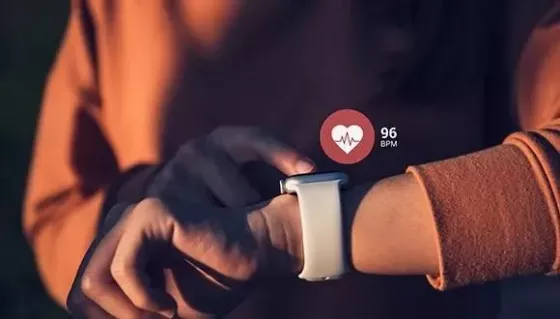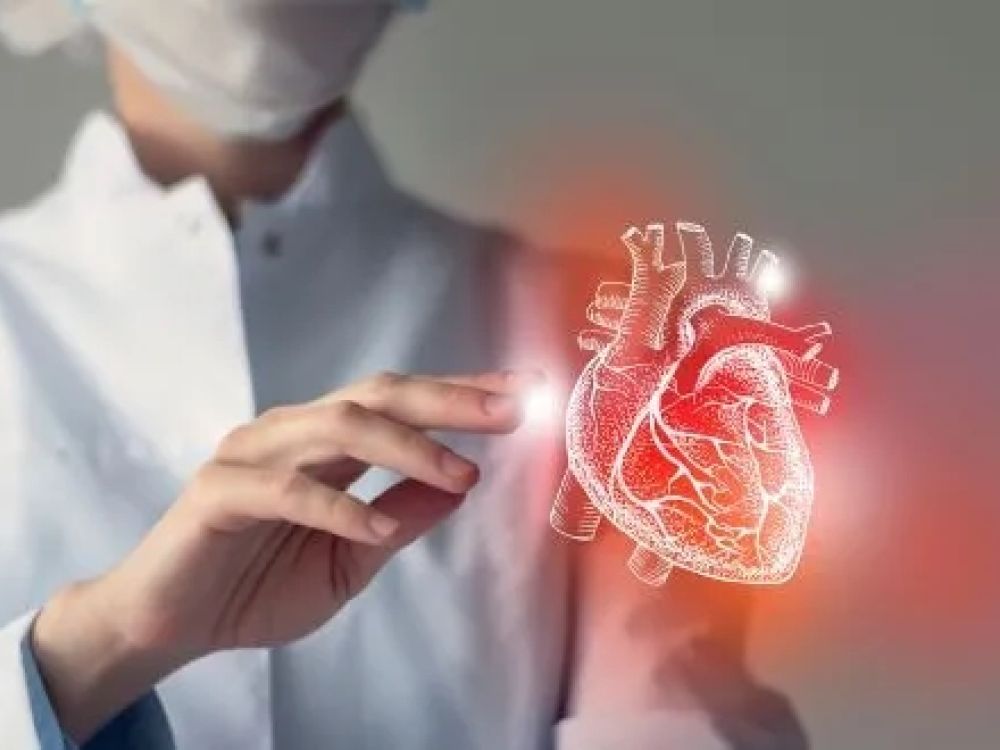During Operation Guardian of the Walls, which took place in May 2021, researchers from Tel Aviv University carried out a groundbreaking study by equipping Israelis with smartwatches and a dedicated mobile application. The study aimed to examine the impact of the operation on the well-being of citizens by monitoring various objective and subjective indicators. The findings revealed that residents of Israel’s southern region suffered significantly more than the rest of the population.
Assessing Impacts, as well as Resilience
The innovative study was conducted by a team of researchers from Tel Aviv University: Prof. Erez Shmueli, Prof. Dan Yamin, and Ph.D. students Merav Mofaz and Matan Yechezkel of The Iby and Aladar Fleischman Faculty of Engineering; Prof. Noga Kronfeld-Schor of The George S. Wise Faculty of Life Sciences; and Prof. Haim Einat of the Academic College of Tel Aviv-Yafo. The findings of the groundbreaking study were published in the journal Communication Medicine from the Nature group.
According to Prof. Erez Shmueli, the study was part of a broader initiative called PerMed (Personalized Medicine), aimed at early diagnosis of infectious diseases like COVID-19. However, the timing of Operation Guardian of the Walls presented a unique opportunity to examine the physiological and mental changes experienced by civilians during wartime.
By May 2021, the researchers had enrolled 954 Israelis in the experiment, equipping them with smartwatches to assess the impact of the war on the home front. The data collected from the smartwatches and participants’ reports through the app revealed a significant deterioration in various metrics during the war compared to normal circumstances. Notably, after the war ended, all indicators returned to their previous levels on average, showcasing the mental resilience of Israelis. Nevertheless, the researchers observed notable differences among Israeli citizens: with residents of the southern areas (near Gaza), exposed to frequent and dangerous rocket attacks, enduring more significant mental and physiological effects compared to those in the central regions. Furthermore, central region residents suffered more than those in the north.
“In future research, it is crucial to identify individuals who experienced significant adversity during the war and did not fully recover following its conclusion. We believe that providing prompt and targeted support to these individuals may prevent the development of post-traumatic stress disorder (PTSD).” – Prof. Erez Shmueli
The findings highlighted several key differences among the citizens. For example, residents of the southern areas spent more time (6.2 hours) looking at their screens compared to central region residents (5.3 hours), and central region residents spent more screen time than those in the north (5 hours). Similar patterns emerged in other metrics, such as mood (3.24 in the south versus 3.45 in the center and 3.75 in the north, on a scale of 1 to 5), stress (2.8 in the south versus 2.6 in the center and 2.3 in the north, on a scale of 1 to 5), physical activity (20 minutes in the south compared to about 34 minutes in the center and in the north), sleep duration (6.1 hours in the south compared to 6.2 hours in the center and 6.5 hours in the north) and quality of sleep (2.9 in the south compared to 3.3 in the center and 3.5 in the north, on a scale of 1 to 5). Women and young people experienced more deviation from their normal patterns during the conflict compared to men and adults.
Since Operation Guardian of the Walls, there have been subsequent rounds of fighting between Israel and factions in Gaza, as well as Russia’s invasion of Ukraine. Prof. Shmueli believes that wearable technology holds immense potential in monitoring the consequences of such conflicts and providing aid to populations in need: “In the past, wars were fought at the borders,” says Prof. Shmueli. “Today, they are fought deep within the country. Therefore, monitoring the resilience of citizens is crucial, both as groups and as individuals. The state needs to know what happens to its citizens during war, as well as provide special support to groups that are more prone to harm. In future research, it is crucial to identify individuals who experienced significant adversity during the war and did not fully recover following its conclusion. We believe that providing prompt and targeted support to these individuals may prevent the development of post-traumatic stress disorder (PTSD).”









